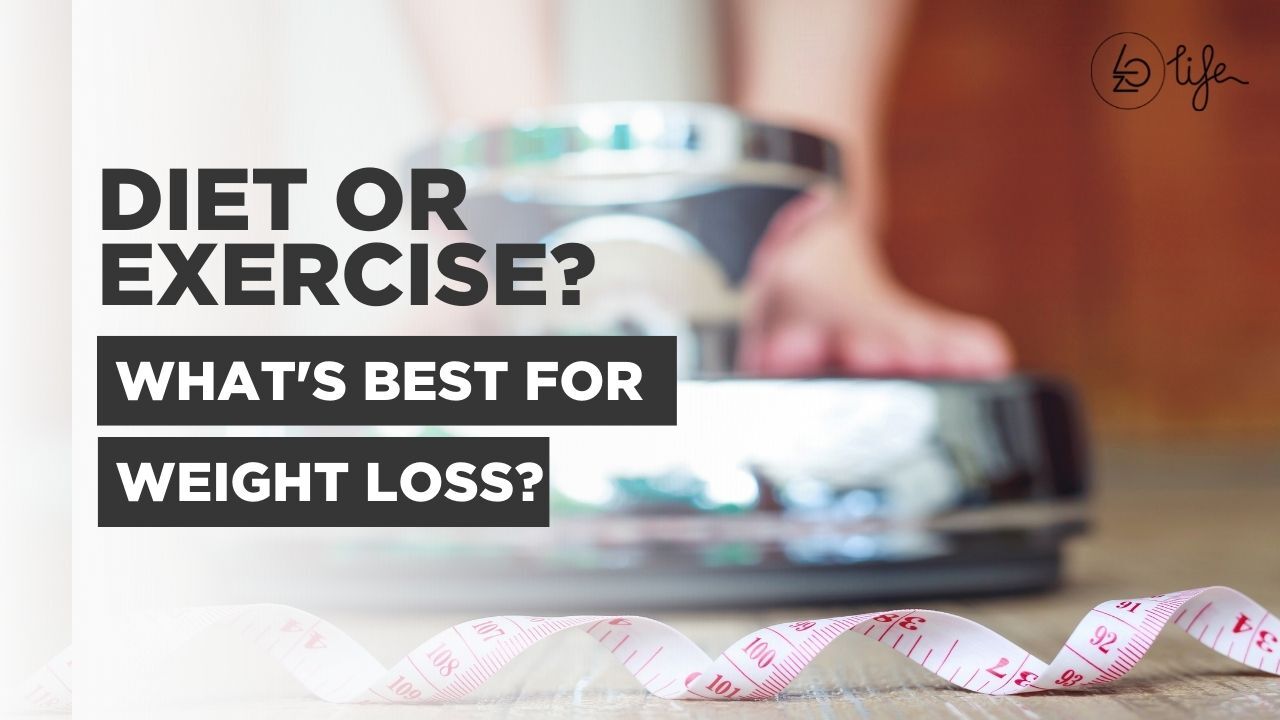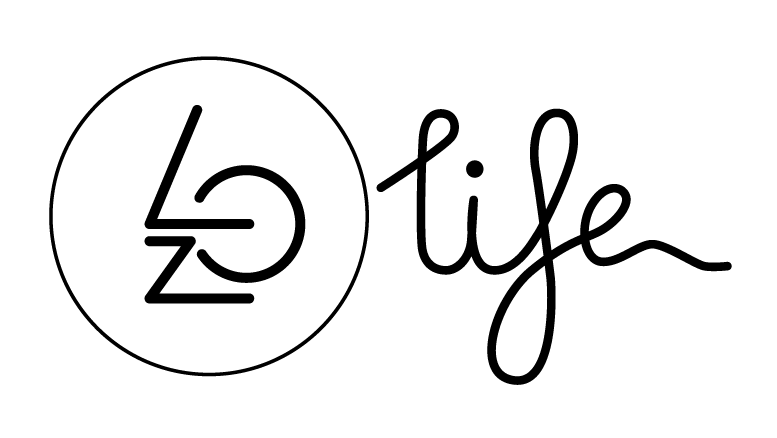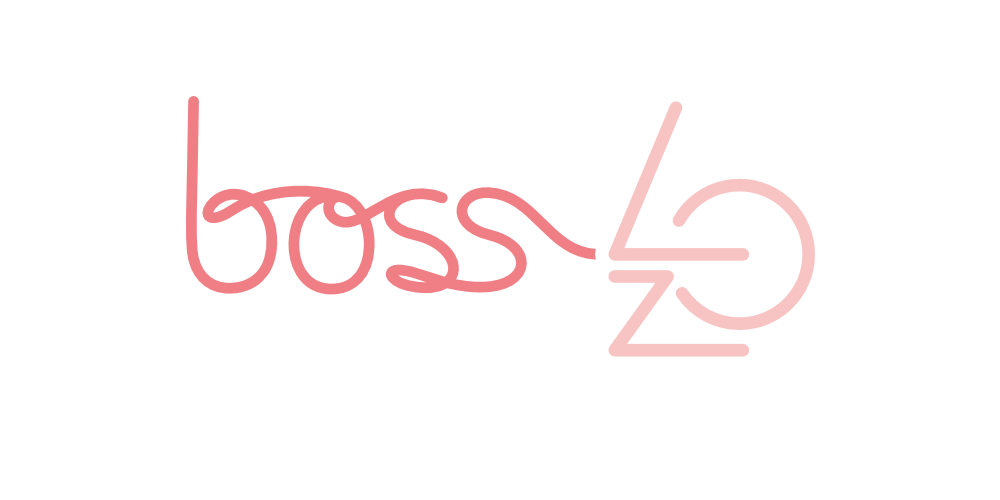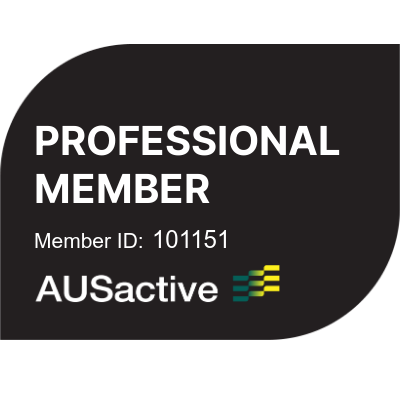So, you’ve decided you’re ready to lose weight. Time to join the gym, right? Hmmm. Maybe not.
We’ve been taught to believe that to lose weight, we must move more and increase the amount of exercise we do. To run and jump and sweat and pump iron.
If you think you’ll lose weight by merely exercising more, while still shoving rubbish (aka all the carbs) down your throat, you’re in for a shock.
In breaking news, exercise alone is not the secret to weight loss. That’s a proven scientific fact!
Don’t get me wrong, I’m a massive advocate for exercise and moving more, especially when it comes to living a healthy, happy, longer life. I am a personal trainer, after all. If you want to get fitter, stronger, and change the shape of your body … exercise is the answer.
And yes, the right exercise, when combined with an appropriate low carb diet, can assist with weight loss. But alone, it’s not a magic bullet.
Move more, eat less has been the weight loss mantra for a long time. But it’s not as simple as that. The human body is way more complex.
For example, if you move more, you will need more energy. And where do we get our energy? From food! So, increasing your exercise will mean increasing the amount of food you consume.
It is also important to note that the mechanics of weight loss restrict the effectiveness of exercise as a standalone endeavour. It is almost impossible for overweight people to produce the required energy deficit of 500 to 1,000 calories per day without managing and reducing what they eat.
This is a fundamental rule of weight loss, so knowing this will save you time and help you to achieve your goals quicker.
When it comes to losing the kilos, if that’s your sole outcome, your focus should primarily be on your diet and the amount of carbohydrates you consume, rather than on simply increasing the amount of exercise you do.
Yes, I said carbohydrates, not calories.
Let’s quickly address the issue of carbs and why you should stop counting them immediately. This is an outdated way of losing weight and is a monumental waste of effort and opportunity.
Counting calories started with the simple premise that if you eat fewer calories than you burn, you’ll lose weight.
Eating less and exercising more fails to recognise that the human body is a lot more complicated than the calorie version of a bank account. It really is more like a multi-fuel chemistry set.
When we burn calories, we commonly think about exercise, but what most people don’t realise is that a one-hour walk or jog uses only 100 to 200 calories. Your resting metabolic rate is the biggest calorie-burner. In a 24-hour period it burns around 10+ times that of the walk or jog. True story!
We know that most people who carry extra body fat do not have ready access to the energy stored in their body fat.
If your hormone insulin is too high, it blocks fat release. To release fat for energy you need a way to normalise your insulin levels. The only way to do this is to eat less carbohydrate than their body’s individual tolerance.
Managing your carbohydrate intake is key to weight loss, as is ascertaining your individual carbohydrate tolerance levels. The dietflex program was created with this premise in mind.
And how do we reduce our carb intake? By better managing our diet and creating new healthy habits for life. Because quick fixes won’t deliver long-term results.
My Loz Life coaches love working with our clients to help them achieve their weight loss goals, and through our many programs and challenges, we have seen some exceptional results. Of course, many of our clients also now enjoy a more active lifestyle.
I will always advocate for moving more, but I can certainly put my hand on my heart and say that exercise alone will not shift the kilos.
If you’d like to learn more, visit www.lozlife.com







